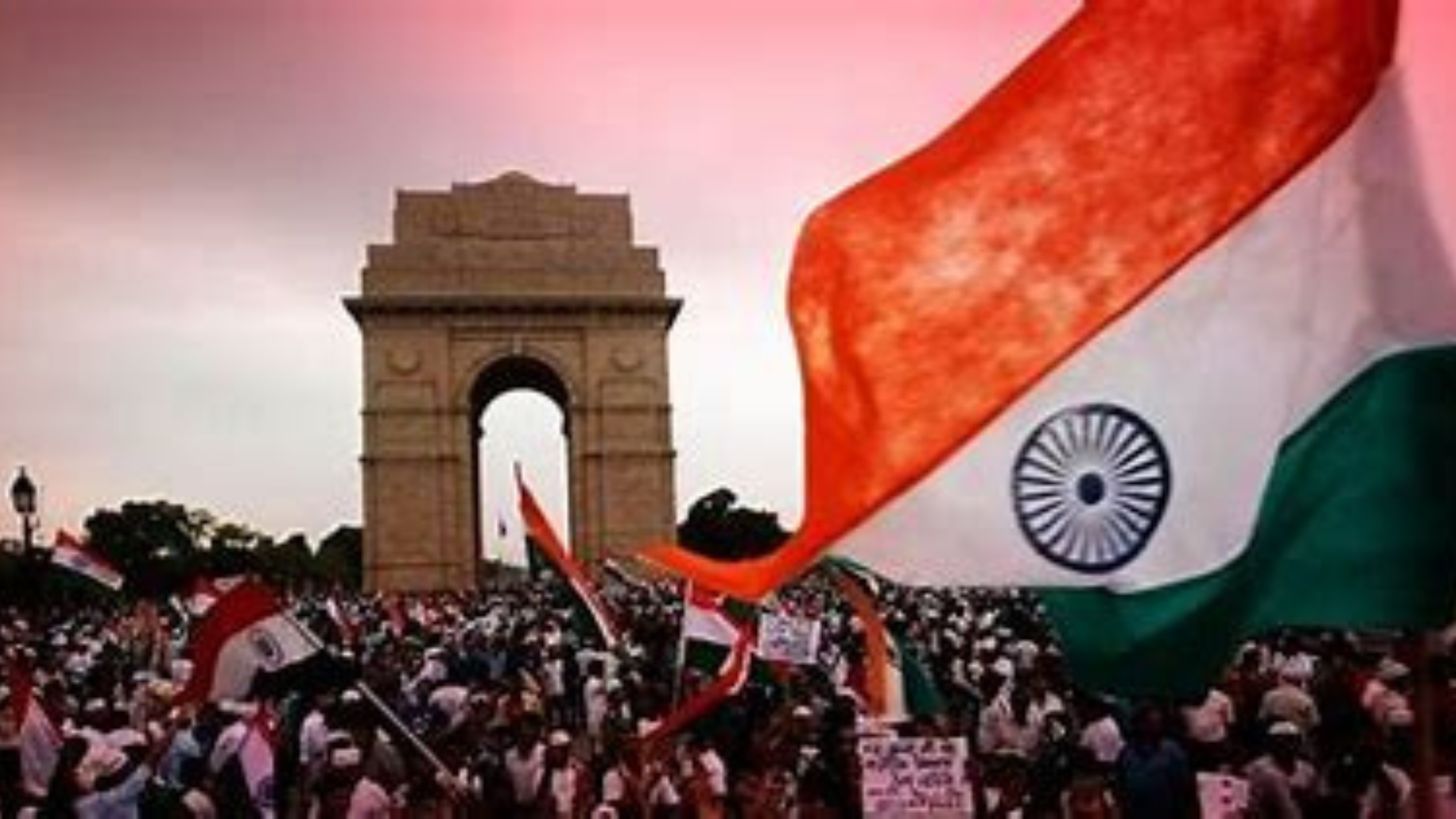India proudly celebrates its Independence Day every year on August 15, marking the day the nation gained freedom from British rule in 1947. As the country prepares for its 78th Independence Day, let’s take a journey back to how India welcomed its first Independence Day on August 15, 1947.
The Journey to Independence
India’s independence was the result of a long and difficult struggle against nearly 200 years of British colonial rule. The movement gained momentum after the First World War, with key figures like Mahatma Gandhi, Subhas Chandra Bose, Jawaharlal Nehru, and many others leading the charge for freedom. The efforts of these leaders and countless others eventually led to the end of British rule.
In early 1947, UK Prime Minister Clement Attlee announced that British rule in India would end by June 1948. However, India’s last Viceroy, Lord Mountbatten, advanced the date to August 15, 1947. This marked the birth of two nations: India and Pakistan.
A Joyous First Independence Day
The atmosphere on August 15, 1947, was one of celebration and excitement. India was now a free nation, and the joy was palpable. On the eve of independence, Jawaharlal Nehru, who was to become India’s first Prime Minister, welcomed Hindu holy men to his home in Delhi. Later, he joined other political leaders in the Constituent Assembly Hall in Parliament, where he delivered his famous “Tryst with Destiny” speech.
“Long years ago we made a tryst with destiny, and now the time comes when we shall redeem our pledge. At the stroke of midnight hour, when the world sleeps, India will awake to life and freedom,” Nehru declared. His words marked the dawn of a new era for India.
The Nation Celebrates
As Nehru and other leaders gathered in the Constituent Assembly, thousands of Indians filled the streets outside, celebrating the birth of a free nation. The Congress had earlier arranged for the free screening of India’s first Independence Day celebrations in cinema halls. Inside the Assembly, two minutes of silence were observed to honor those who lost their lives in the struggle for freedom.
Though “Jana Gana Mana” had not yet been officially adopted as the national anthem, the patriotic song “Vande Mataram” resonated through Parliament to mark the occasion. As the clock struck midnight, the nation erupted in joy, with celebrations sweeping across the country.
Delhi was awash in the colors of the national flag—orange, white, and green. The streets were alive with the sounds of drumbeats and joyous chants, while the city itself was bathed in triumphant lights.
The Missing Leader: Gandhi’s Quiet Reflection
While the rest of the nation celebrated, one person was notably absent from the festivities in Delhi—Mahatma Gandhi. Instead of joining the celebrations in the capital, Gandhi was in Calcutta, working to quell the communal violence that had erupted in the wake of partition.
As India gained its freedom at midnight, Gandhi was reportedly fast asleep, having spent the day spinning his khadi yarn. In a letter to his friend in London, he expressed that his way of celebrating such a momentous event was to thank God and pray for the nation’s future.
The First Flag Hoisting and National Pride
India’s Tricolor was first hoisted at Princess Park near India Gate on August 15, 1947. The next day, Nehru unfurled the national flag at Red Fort, a tradition that continues to this day. On that historic day, around 500,000 people gathered around Parliament and Rashtrapati Bhawan, chanting slogans of freedom and dancing in the streets.
As India marks 78 years of independence, the memories of that first Independence Day continue to inspire the nation. The struggles and sacrifices of countless freedom fighters have paved the way for a free and sovereign India, and their legacy lives on in the hearts of every Indian.







